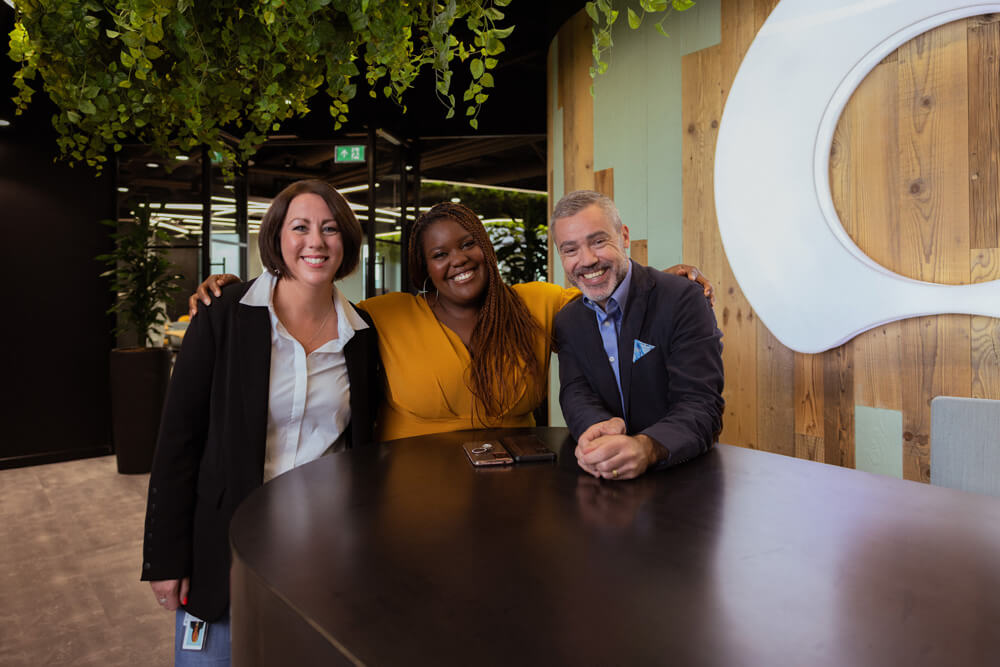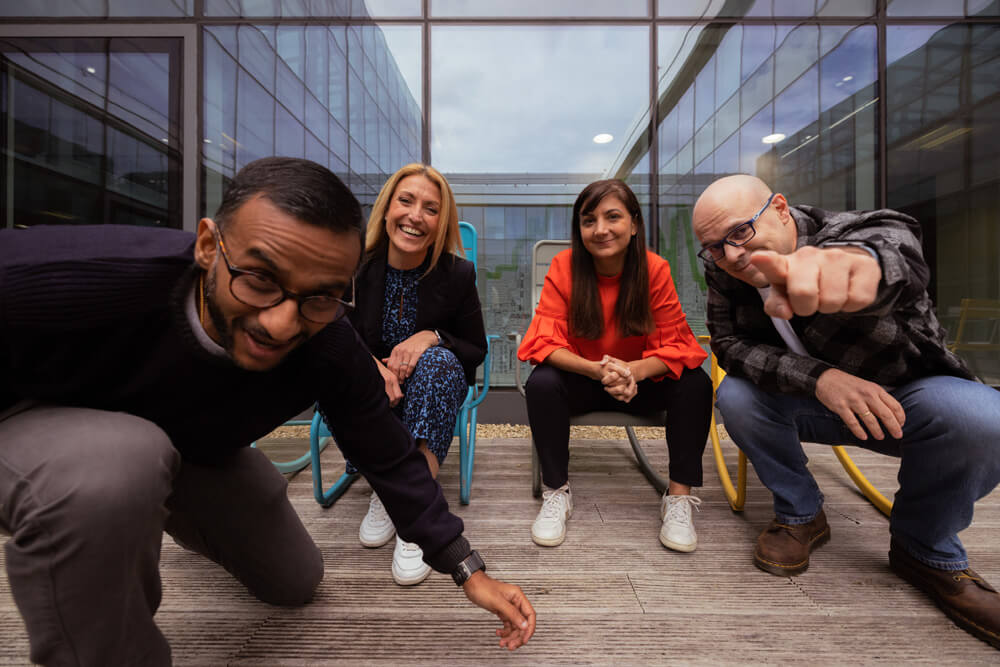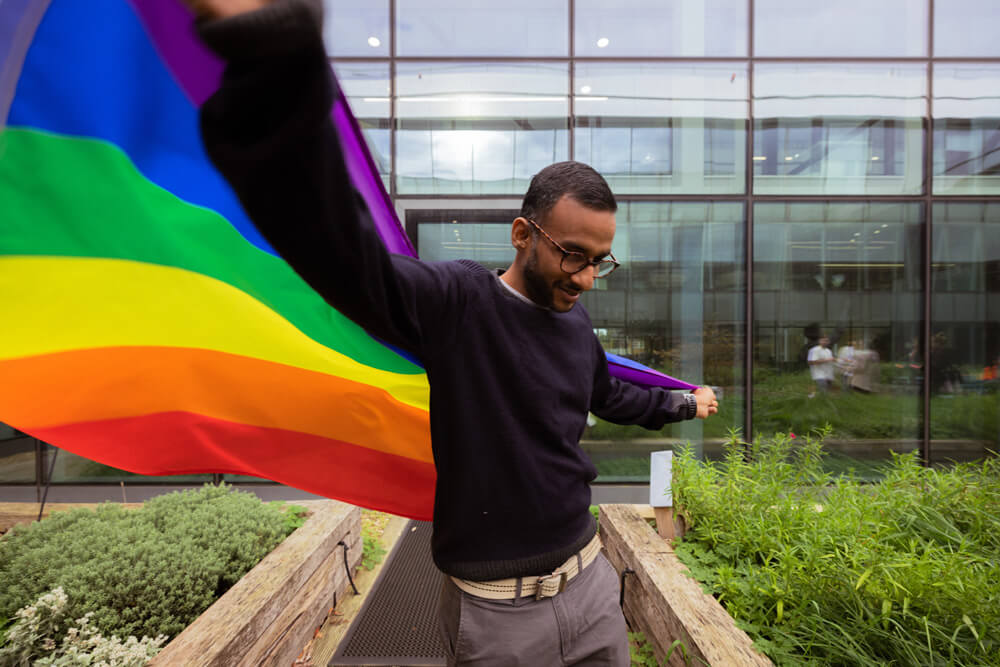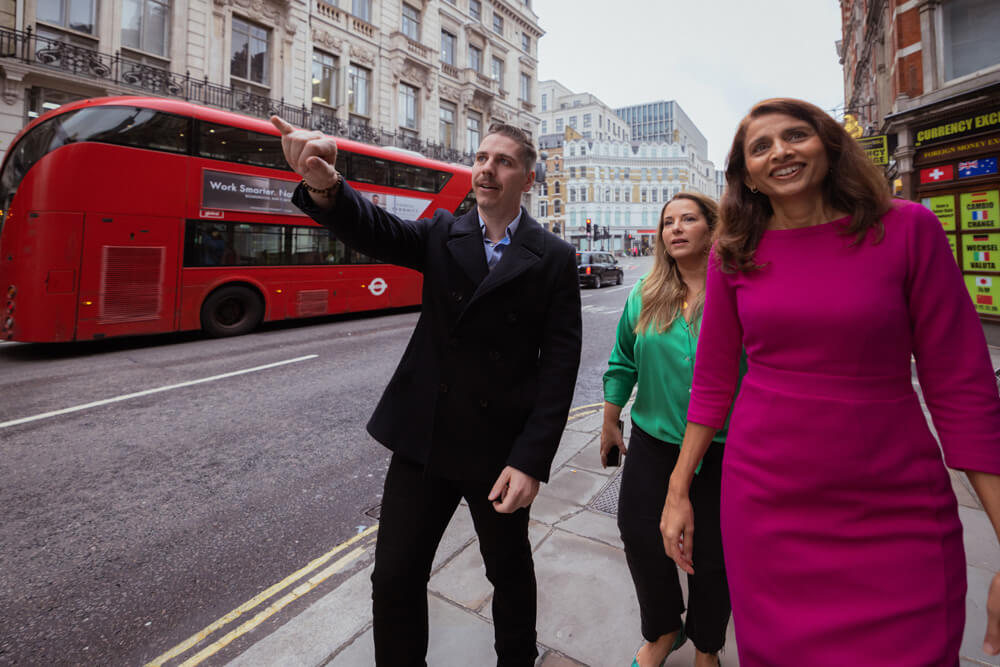Employees in the UK are more likely to think of their work as purely transactional today than they were four years ago. The CIPD annual study – The Good Work Index– revealed that a significant proportion of UK workers say their experience of employment is getting worse.

What’s wrong with work?
Fewer people in 2023 than in the pre-pandemic 2019 survey said they found their work meaningful. They were also less likely to say that they would work harder for their employer and more inclined to disagree that work has a positive impact on their mental health. The proportion of people in 2023 viewing their work as simply a means to earn a living, and nothing more, has risen since 2019. The number of people who said they’d work even if they did not need the money fell.
CIPD surveys bracketing the beginning of the pandemic and the world of work today, reflect broader attitudinal changes characterised by trends such as the ‘great resignation’ and ‘quiet quitting’. Both of these captured a disenchantment with conventional approaches to work.
At the same time, employers stress how talent is one of their most pressing needs, and its absence among the greatest risks they face. According to PwC’s 2024 CEO Survey, the majority of UK CEOs (78%) report some extent of skills shortage within their organisation, and 68% specify a lack of tech capabilities in particular as inhibiting their ability to transform.

Show me more than the money
How, then, should organisations think about the steps they need to take to attract the skilled talent they so urgently need, but just as importantly retain, nurture and develop the talent they already have? The consensus is that while remuneration and incentives are clearly important, for most people they’re not on their own nearly enough. Research by consultancy Accenture found that competitive financial rewards were just one factor motivating employees to achieve their true potential. Dimensions such as emotional and mental wellbeing; positive work relationships; physical wellness; feeling purposeful and enhanced employability through skills development all carried significant weight.

Engaged employees = productive business
Study after study proves that employees who feel positive about the work they do – and crucially – where they do it, are more engaged and have higher levels of wellbeing and are therefore more productive and profitable. For example, a survey by The McKinsey Health Institute of more than 30,000 employees across 30 countries found that employees who had positive work experiences reported better holistic health, are more innovative at work, and have improved job performance. It’s no coincidence that companies which regularly make the lists of best places to work are also often among the best-performing across a wide range of metrics.

Cultural clout
No organisation sets out to create an environment that makes employees unhappy or demotivated. But it’s also the case that many are simply failing to develop the workplace culture in which people feel sufficiently engaged, recognised and rewarded. ServiceNow research found that after low pay, the second most common reason for employees to quit their job was “incompatible culture”, cited by 42% of those employees who had left an organisation. Remarkably, culture accounted for higher scores than work-life balance, opportunities for advancement or lack of job satisfaction.
Developing a culture that works
ServiceNow has been recognised globally as a great place to work across many different categories. Katie Whitehouse, who leads the global people team for EMEA at ServiceNow, emphasises just how important organisational culture is to achieve those results: “For me the culture that an organisation has is front and centre. Because it’s that culture that’s going to enable people to thrive or not, reach their full potential and help the company succeed.” Culture is made up of multiple elements, including organisational values, purpose and sense of mission. It’s also a concept that’s very hard to define. But one thing is clear: without the right culture, it’s not possible to be a great place to work.

For Katie, a strong culture does not mean uniformity or conformity. In fact, she says, it’s quite the opposite: “I don’t talk about people just becoming part of our culture, I talk about them as ‘culture adds’. It’s not about them coming into ServiceNow and being dipped in a ServiceNow paint pot. What really matters is the uniqueness that each individual can bring that’s going to help keep moving us along while staying true to our values.”
Be yourself
Respecting an individual’s authenticity sounds obvious enough. But in an organisational setting it’s rarely so straightforward. Katie believes that it’s important to emphasise that people need to “bring their best professional authentic selves to work, because there’s always a professional front door that you need to walk through when you come into work.”
Work, your way
However, Katie also stresses that a key element of ServiceNow’s approach is “to celebrate the whole person, not just the part of them that needs to do the role you’ve employed them for.” Part of achieving that is empowering individuals to work in the way that suits them best. That’s recently become a hotly-disputed subject as some organisations mandate a full-time return to the office. For Katie, however, “leading with trust and flexibility is fundamental to driving performance and productivity. What’s good for people is good for the organisation. And we trust our people to do their roles.”
Victoria Poku, a solution design consultant at ServiceNow, explains why this matters to her: “We operate in a very results-driven organisation. But how you achieve those results is largely up to you. No-one is telling you that something has to be done a particular way. I don’t feel that I’m being forced into being something that I’m not.”
Autonomy and independence clearly matter to empowering employees. But the right support networks and a culture that encourages and facilitates those needing help to find it are also essential. As Victoria says: “Everyone understands that you can’t know everything. I have independence and I’m able to use my strengths, but there’s always access to the right person to help with a specific issue as well as resources that enable you to skill up in the areas you need.”
That support also needs to extend across the whole employee experience, according to Katie Whitehouse. And it’s particularly important to offer the right support at what Katie calls “the moments that matter.” She explains: “Anybody that joins us at ServiceNow, is on their own journey. At various points, from onboarding to reward, learning and development and so on, they’re going to need a service from us. And that’s where in terms of the employee experience, organisations really need to think about how they set themselves apart. It’s essential to provide a personalised experience that demonstrates you know that employee and what they need in those moments that matter.”

DEI in action
Taking account of the whole person and their specific needs is, of course, also at the heart of diversity, equity and inclusion (DEI). Related policies and pronouncements proliferated with the rise to public attention of issues surrounding race, gender norms, sexuality and disabled accessibility. But writing a policy is very different to making the commitment to change that true DEI requires.
Chloe Hole, a strategy director at ServiceNow, explains her experience: “Many organisations has a little rainbow flag on their website, for example, but the lived experience of that organisation can feel very different. As a gay woman I want to feel comfortable being out at my workplace, and know that I’ll be afforded the same opportunities as anyone else in a supportive environment. We have a highly visible Pride employee belonging group (EBG) at ServiceNow, and that’s had a very positive influence on some LGBTQ+ policies, for example. But there’s also an open-mindedness and willingness to make changes more broadly that help reinforce what it means to be a truly inclusive organisation.”
Chloe explains how seemingly simple things can make all the difference. The Pride group at ServiceNow pointed out that the ‘dead’ names of employees who’d transitioned gender still showed up on some company systems – an upsetting experience for those affected. When it was pointed out, comprehensive changes were made. “It shows”, says Chloe, “quite strikingly that certain things don’t have to be a big deal but can have a big positive impact. There’s a real ‘get it done now’ attitude which I really like.”

Constant evolution
Continued success, for both employees and the organisation they work for, depends on being able to change and adapt in line with new contexts and challenges. Being a great place to work is a constantly moving target. And culture has to change with it.
According to Katie Whitehouse, the key to staying ahead is being “really intentional about the culture you want to create and having clarity about the things you want to change, evolve and improve. Part of being a great place to work is listening to people to get the intelligence about how to make things even better. There’s always something more to do.”
ServiceNow EXECUTIVE CIRCLE is a community of industry experts, visionaries and leaders who activate and shape business strategy from the world’s most innovative organisations. Explore events, networking opportunities, articles, and podcasts here.

